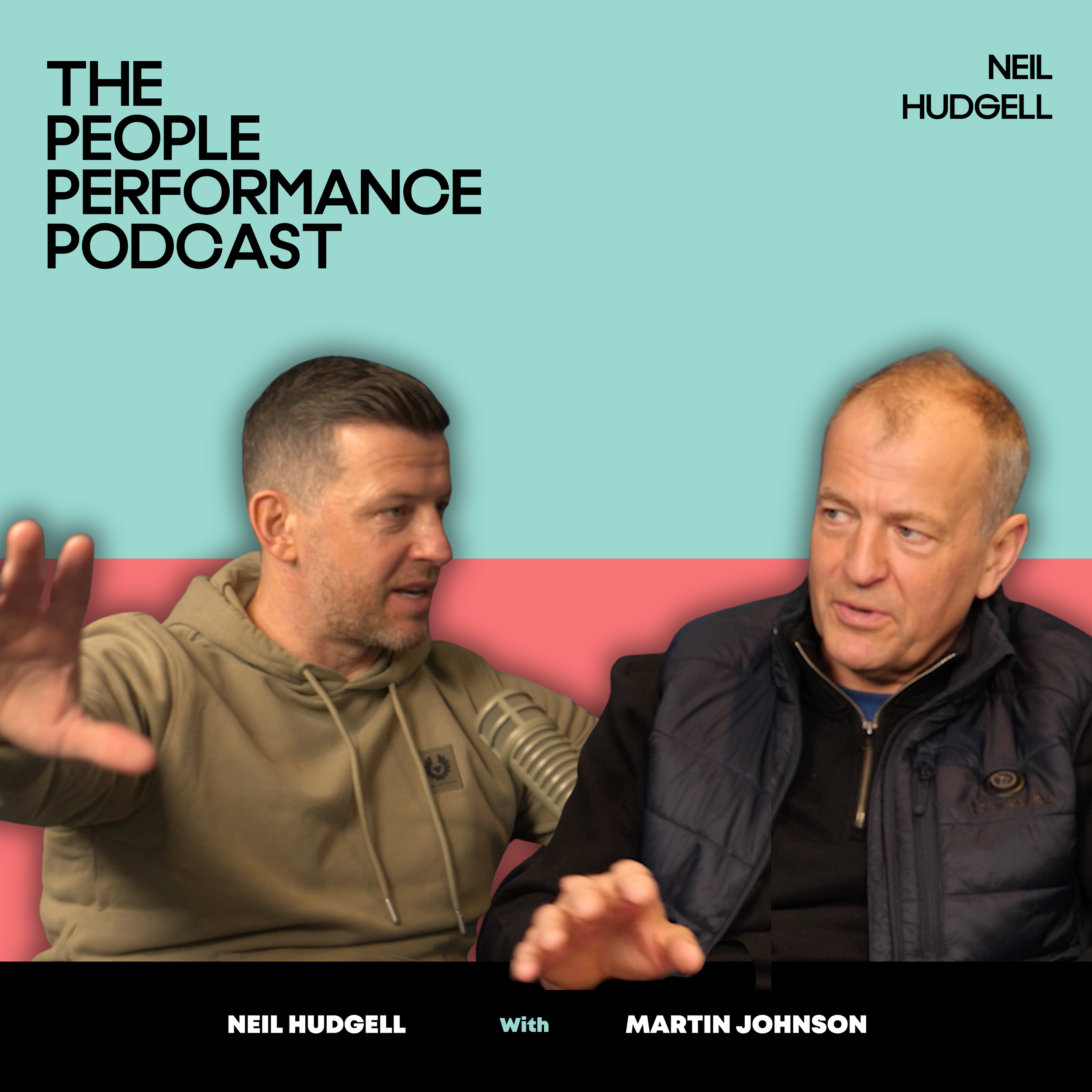What’s Your Time Perspective? A Psychology Framework That Shapes How You Live and Lead
Are you someone who dwells on the past? Lives for the moment? Or constantly plans for the future?
Your time perspective plays a major role in how you lead, how you relate to others, and how you make decisions. It influences your motivation, your relationships, and your stress levels.
In the late 1990s, Stanford psychologist Philip Zimbardo, along with colleague John Boyd, coined the concept of Time Perspective. They argued that it’s one of the most important psychological patterns we carry — often unconsciously — through every area of life.
The 5 Time Perspective Types (Zimbardo & Boyd, 1999)
Past-Negative
Focuses on regrets and mistakes. Often pessimistic and stuck in “what could have been.”Past-Positive
Nostalgic and relational. Remembers the “good old days,” but can be overly cautious.Present-Hedonistic
Seeks pleasure now, avoids delayed gratification. High energy, risk-taking.Present-Fatalistic
Feels out of control of their fate. Often shaped by hardship or fatalism.Future-Oriented
Focused, ambitious, and hard-working — but may struggle to disconnect and recharge.
Why This Matters for Leaders and Teams
Whether you’re making strategic decisions, supporting team development, or managing change — your default time perspective is driving your approach.
Future-oriented leaders may push ahead but burn people out
Present-focused leaders may build trust but avoid hard conversations
Past-negative thinkers may undermine confidence and momentum
Understanding your dominant time frame helps you adapt more effectively to what your team, situation, or strategy really needs.
Balanced Time Perspective = Better Leadership
Zimbardo (2002) later emphasised the importance of balance:
“In an optimally balanced time perspective, the past, present, and future components blend and flexibly engage, depending on a situation’s demands and our needs and values.”
In practice, this means:
Being fully present with your team
Drawing on lessons from the past
Leading with vision for the future
A great leader knows how to shift between all three, with intention.
Explore More on Leadership Psychology
Curious how mindset impacts strategy, motivation, and clarity? Here are more insights from our team:







